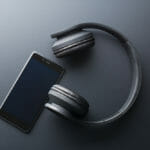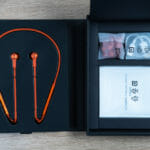When it comes to choosing between Bluetooth and wired headphones, there is much to consider in terms of audio quality, battery life, convenience, and cost.
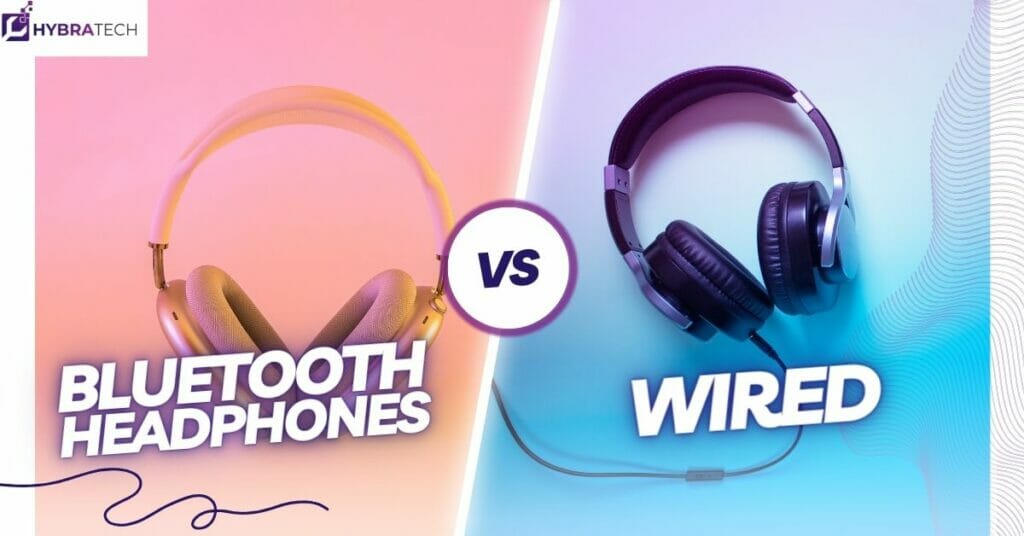
Bluetooth headphones allow for a wireless and cable-free experience, while wired headphones continue to offer excellent sound fidelity and reliable connections. Each type has its own advantages and drawbacks, depending on a user’s individual preferences and needs.
Understanding the differences between Bluetooth and wired headphones is crucial when deciding which type to invest in. Factors such as audio quality, battery life, charging time, mobility, interference, and connectivity issues all play a role in the decision-making process.
It’s also essential to keep in mind that personal preference and individual usage patterns will significantly impact your headphone choice.
Key Points
- Audio quality difference: Wired headphones typically offer better sound fidelity while Bluetooth models remove the inconvenience of cables
- Consider battery life and charging: Bluetooth headphones require charging, while wired models don’t rely on a separate battery source
- Weigh the factors of convenience, connectivity, and costs before making your decision
It’s important to keep in mind the legal aspect when using headphones while driving, as this may be illegal in some places. Ultimately, it’s crucial to choose headphones that best suit your needs and preferences, whether it’s the freedom from cables that Bluetooth headphones offer, or the superior audio quality and reliability that comes with wired options.
Lastly, remember that both Bluetooth and wired headphone technologies continue to advance, so it’s always a good idea to stay updated on the latest models and innovations – for instance, explore the history of wireless headphones here.
Understanding Bluetooth and Wired Headphones
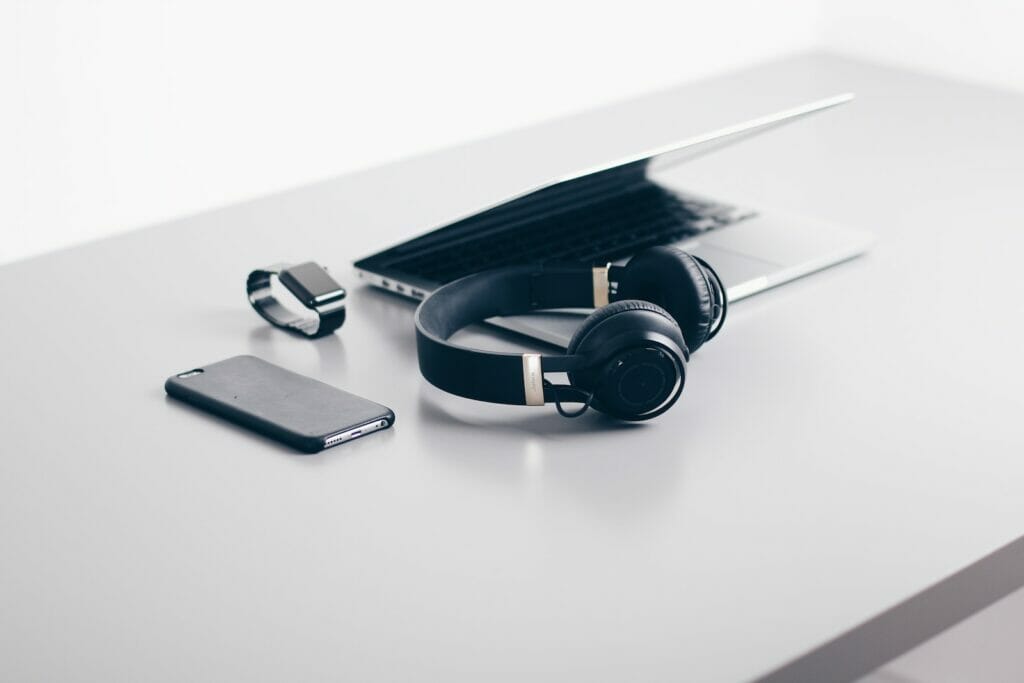
When it comes to choosing headphones, two primary options are available: Bluetooth and wired. Both have their unique qualities, and understanding their differences is essential in making an informed decision.
Bluetooth headphones offer the convenience of a wireless connection. By using short-range radio waves, Bluetooth technology allows headphones to connect to devices like smartphones and tablets without needing any physical cords.
This freedom of movement makes Bluetooth headphones a popular choice for activities like exercising, commuting, and multitasking. Additionally, there are various types of in-ear headphones that can suit everyone’s preferences, including models designed for working out or everyday usage.
One important aspect of Bluetooth headphones is their battery life. Since they rely on built-in batteries to operate, it’s crucial to keep in mind their charging times and overall runtime. Connecting these headphones to multiple devices or sharing audio with others is also possible. For example, you can connect two Bluetooth headphones simultaneously.
On the other hand, wired headphones use a physical cable to transmit audio signals. As a result, they don’t have the same mobility as Bluetooth headphones, but they offer a more reliable audio quality because the analog signal can handle more data than Bluetooth.
Another advantage of wired headphones is their compatibility with a wider range of devices, from vintage audio players to modern computers, as long as there’s a 3.5mm input.
Wired headphones don’t need batteries since they draw power from the device they’re connected to. Consequently, there’s no need to worry about charging or running out of battery at inopportune times. Moreover, wired headphones are generally more affordable than their wireless counterparts.
Requirements for connecting wired and Bluetooth headphones to devices can differ. For instance, connecting Bluetooth headphones to your TV might require following a simple guide, whereas wired headphones just need a compatible input.
If you own a pair of Beats and an Android device, you may want to know how to connect Beats to Android for a seamless audio experience.
Audio Quality Comparison
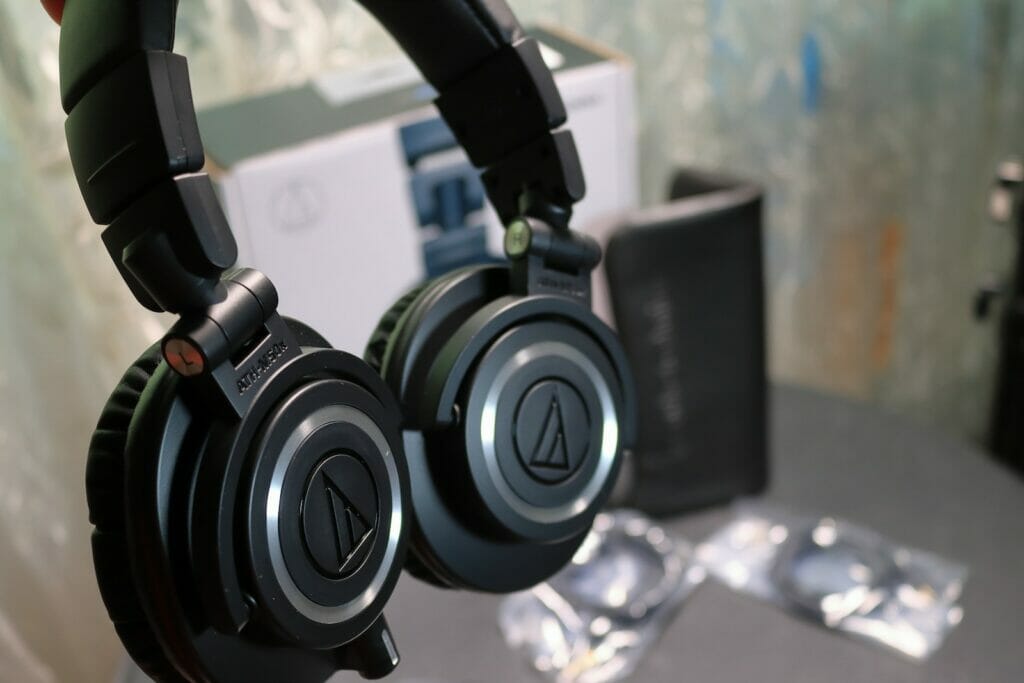
Sound Quality Factors
When comparing wired and Bluetooth headphones, it’s essential to consider several factors that impact sound quality. Analog signals used in wired headphones can transmit more data than wireless audio signals, contributing to better sound quality in wired headphones. On the other hand,
Bluetooth headphones rely on digital audio codecs like SBC, AAC, and AptX, which may cause compression and minor sound quality loss. This is mostly noticeable when comparing high-quality music files.
Frequency Response
Frequency response refers to the range of audible frequencies that headphones can reproduce, impacting the overall listening experience. Generally, wired headphones provide a more accurate and wider frequency response, delivering a more immersive soundstage and better audio reproduction.
However, many Bluetooth headphones offer a frequency response close to that of wired headphones, making the difference negligible for most users.
Active Noise Cancellation
Active Noise Cancellation (ANC) technology has become more popular in recent years, especially for Bluetooth headphones. ANC helps to block out ambient noise, providing an improved listening experience. It’s essential to note that ANC can be found in both wired and wireless headphones.
However, Bluetooth headphones with ANC can sometimes experience latency and interference, causing issues like crackling noises. In comparison, wired headphones experience less interference or latency and consistently deliver better sound quality.
Battery Life and Charging
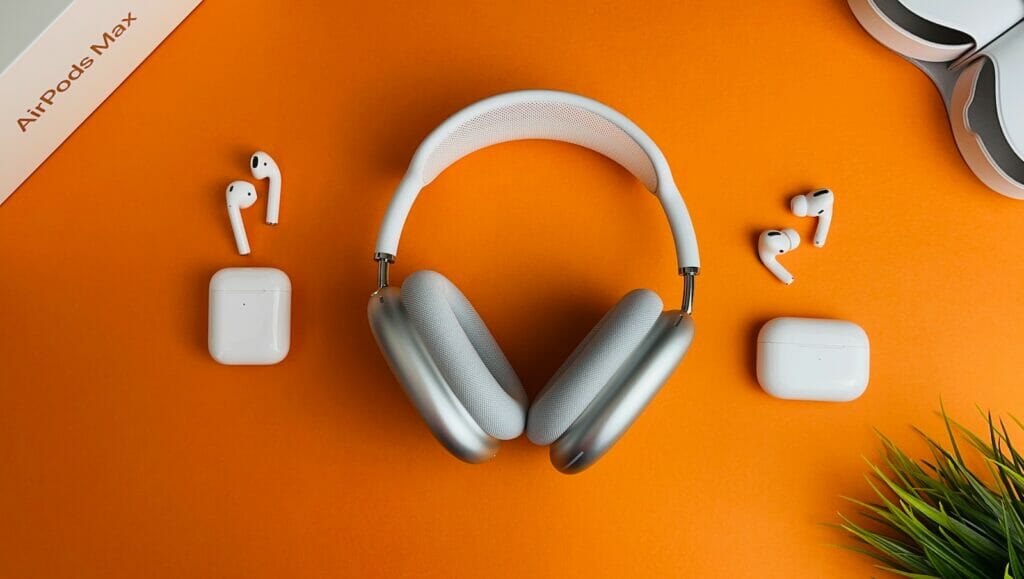
Battery Life Impact
In today’s world, convenience and portability are key factors when choosing between wired and Bluetooth headphones. One major difference between the two is battery life. Bluetooth headphones rely on their built-in batteries to power your listening experience. This means that they have a limited runtime before requiring a recharge.
Wired headphones, on the other hand, draw their energy directly from the device they’re connected to, eliminating battery life concerns. This makes them a more reliable option for continuous usage.
Bluetooth headphones’ battery life varies from model to model, with some offering as much as eight hours of continuous playback while others last for 24 hours or more.
Charging Requirements
When it comes to charging, Bluetooth headphones require more frequent charging compared to wired headphones, as they depend on their own batteries. The time it takes to charge your headphones can also vary significantly. For example, AirPods charging time can differ from other Bluetooth headphones.
It’s essential to be prepared, especially if you’re a frequent traveler. Carrying a charging case or carrying a power bank can be helpful to avoid being left without music or podcasts during long journeys. If you happen to lose your charger, it’s still possible to charge a Fitbit without a charger using alternate methods.
Mobility and Convenience

Freedom of Movement
With Bluetooth headphones, we can experience unmatched freedom of movement during activities like exercising, commuting, and performing multiple tasks. This is because wireless headphones do not require a physical connection to our devices. As a result, we no longer need to worry about tangled cords or limited mobility when using our headphones.
Range of Motion
In addition to the freedom of movement, the range of Bluetooth technology allows us to move around while staying connected to our devices.
Depending on the Bluetooth version and surrounding environment, we might experience a range of up to 50 meters (164 feet). This means we can comfortably listen to music or take calls even when our device is placed at a distance.
Portability
Bluetooth headphones are also more portable than their wired counterparts, thanks to their wireless nature. Many models are foldable or feature detachable parts, making them easy to store and carry around.
Additionally, Bluetooth headphones make gaming on devices such as the Nintendo Switch more enjoyable, as we can enjoy an immersive gaming experience without worrying about being tethered to our consoles.
Interference and Connectivity Issues

When comparing Bluetooth and wired headphones, it’s important to consider the potential connectivity issues and interference factors.
Latency
Latency is the delay between a signal being sent and received. In the context of Bluetooth headphones, it refers to the time it takes for audio to be transmitted from the device to the headphones. Wired headphones do not suffer from latency issues, as they transmit audio directly through the physical cable.
With the continuous improvements in Bluetooth technology, latency problems have been reduced, but it might still be noticeable during audio syncing in some situations, like watching videos or playing games on your device.
Interference Factors
Bluetooth headphones use radio frequency (RF) waves for communication, which can be subjected to interference from various sources. One of the common interference factors is Wi-Fi. Wi-Fi networks operate on a similar frequency spectrum as Bluetooth devices, which can lead to interference when both are operating in close proximity.
In addition to Wi-Fi, other electronic devices such as microwaves, wireless home phones, and even AirPods can cause interference issues. Since wired headphones do not rely on RF signals, they are not affected by these interference factors and can provide a more stable listening experience.
Cost Comparison
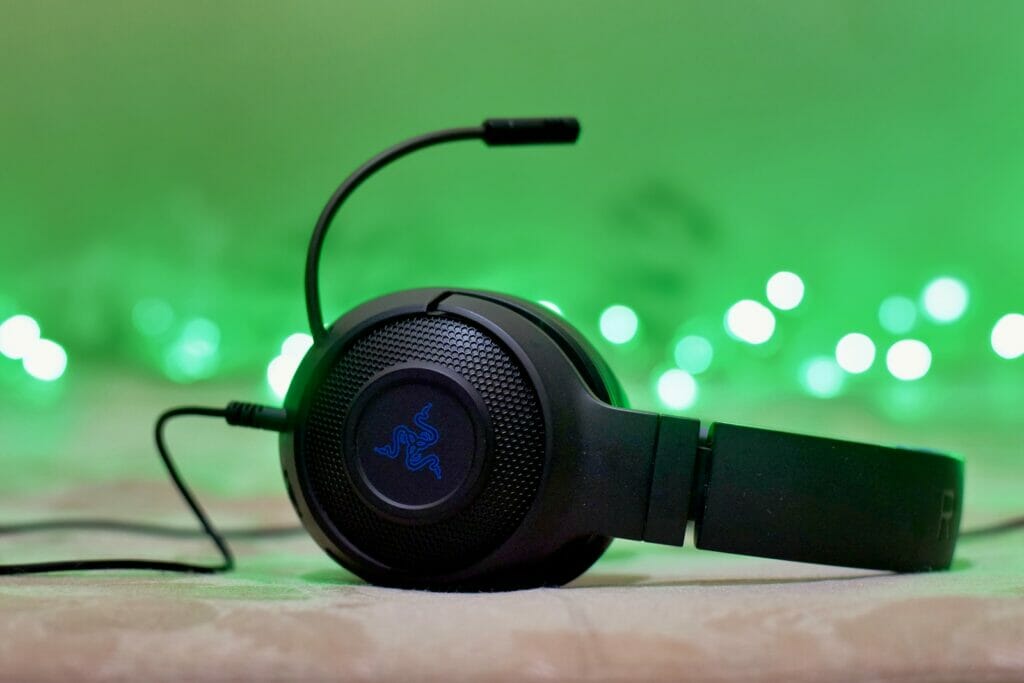
Headphone Price
When it comes to the price of headphones, wired options are generally more affordable than their wireless counterparts. This is because wired headphones do not require additional technology, such as Bluetooth connectivity and built-in batteries.
If you’re on a tight budget, wired headphones can be a great choice, as they offer good sound quality at lower prices. On the other hand, there are still budget-friendly wireless options if you prefer the convenience of going cord-free.
Maintenance Costs
In terms of maintenance costs, wired headphones tend to have lower repair costs compared to wireless headphones. This is mainly because there are fewer components that can malfunction, and fixes for common wired headphone issues can be carried out quite easily.
On the other hand, wireless headphones generally have more expensive components, making repairs more costly. However, high-quality wired headphones or even the most expensive earbuds can still sometimes require costly repairs, so it’s worth considering the build quality of the headphones you’re purchasing.
Safety Concerns

When comparing Bluetooth and wired headphones, it’s important to consider the safety aspects associated with each type. One major concern that arises when talking about Bluetooth headphones is the potential exposure to radiation.
Bluetooth headphones emit non-ionizing electromagnetic radiation (EMR), which is considered safer than ionizing EMR due to its lower energy levels. That being said, there’s still ongoing research on the long-term effects of this type of exposure.
Wired headphones, on the other hand, do not generate EMR like their Bluetooth counterparts. However, they may come with their own set of safety concerns, such as heat generation in earbuds and potential damage to your hearing due to prolonged use at high volume.
Safety concerns related to heat and prolonged use are common for both wired and Bluetooth headphones, but to a varying extent. It’s crucial to be mindful of your headphone usage and avoid listening at high volumes for extended periods to protect your hearing health.
Bone conduction headphones have become a popular alternative for those with these concerns, as they transmit sound through the bones in your skull, bypassing the eardrums and reducing the risk of damage to your hearing.
When it comes to radiation exposure, there have been questions raised about the potential link between Bluetooth headphones and cancer. While the risks associated with Bluetooth radiation are currently considered minimal, it’s essential to stay informed and follow any new developments in this area.
Personal Preference and Conclusion

When it comes to choosing between bluetooth headphones and wired headphones, personal preference plays a significant role. Some people value the convenience and mobility of bluetooth headphones, while others prioritize sound quality and affordability that wired headphones offer.
For those who prefer wireless solutions, Raycon’s Everyday Earbuds are designed for both commuting and active use. You can read more about them in a detailed review that discusses their features and performance.
Additionally, the Beats Powerbeats2 Wireless earphones are another option worth considering, and you can find a comprehensive review discussing whether they are the right choice for you.
On the other hand, if sound quality and affordability are your top priorities, you might lean towards wired headphones. These options typically provide a richer audio experience as they can transmit uncompressed audio data without signal loss or interference, which is often associated with bluetooth technology.
Ultimately, the choice between bluetooth and wired headphones depends on your needs and preferences. What matters most is finding a pair that suits your unique requirements, whether it’s for convenience, audio quality, or budget.
As you explore different options, don’t hesitate to read reviews like the ones we shared, and gather as much information as possible to make an informed decision.
- How To Measure Watch Size - June 23, 2025
- Why Are My Airpods Making A Static Noise? - June 22, 2025
- How To Increase Bass On AirPods - June 22, 2025


